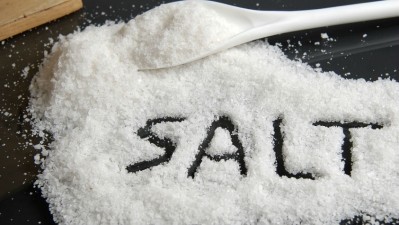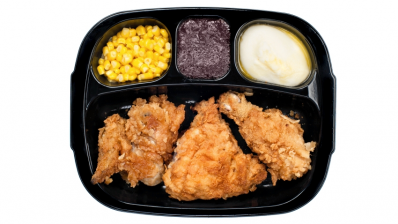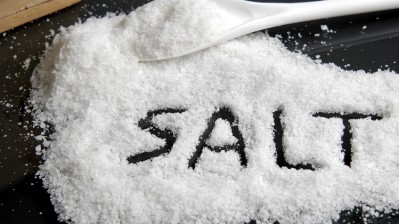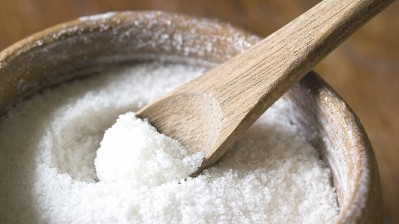Manufacturers under fire as salt levels soar in Aussie ready meals
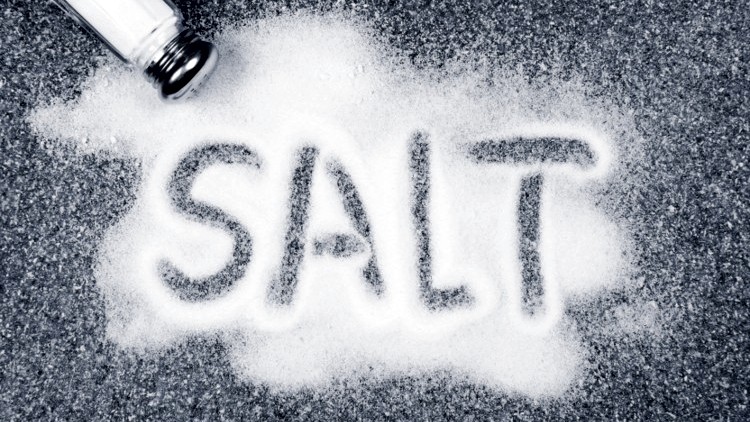
This means the average ready meal contains 50% of an adult’s recommended daily salt intake, with some containing well over the maximum daily amount in a single serving.
The report jointly published by the George Institute for Global Health and VicHealth examined the salt content of 1,478 supermarket ready meals including popular pasta, curry and noodle dishes, as well as traditional meat and vegetable meals.
The serving sizes of ready meals vary significantly, thereby affecting how much salt is taken in a single serving.
In the chilled ready meal range, it is claimed Quick as Wok Chicken Teriyaki contains more than an entire day’s worth of the recommended maximum daily salt intake in one serving (5.85g/serving), and contains 22 times more salt than My Pasta Box Classic Tomato and Basil Penne (0.26g salt/serving).
In the frozen ready meal range, CP Authentic Asia Prawn Wonton Tom Yum Soup with Ramen contains 96% of the daily recommended maximum intake of salt in just one serving (4.79g/serving), and is almost 10 times saltier than The Sultan’s Kitchen Butter Chicken (0.53g/serving).
In the ambient ready meal category (on the supermarket shelf), Kraft’s Deluxe Mac & Cheese topped the highest salt content per 100g at 1.96g salt/100g.
Pressure on manufacturers?
There is evidence of a growing appetite for quick and convenient meals in Australia. The number of supermarket ready meals captured increased from 208 products in 2010 to 473 products in 2017.
VicHealth CEO Jerril Rechter said the rapid growth of Australia’s ready meal industry makes it an important focus for salt reduction by the food industry: “If we are to achieve a 30% reduction in Australia’s salt intake by 2025 (a World Health Organisation target for average population), we need to adopt targets to drive industry to reduce the amount of salt in their products.”
Heart Foundation Victoria CEO Kellie-Ann Jolly said reducing the amount of salt in processed and packaged foods could save thousands of lives each year by reducing heart, stroke and kidney disease and until there is a commitment to reformulate these foods with less salt, we will continue to see an increase in the number of Australians with high blood pressure, a major contributor to heart disease—a condition that affects close to six million Australians.
To achieve their goal, George Institute for Global Health and VicHealth have partnered to develop comprehensive actions aimed at gaining consensus and commitment for salt-reduction action from governments, the public and industry in Victoria.
The Victorian Salt Reduction Partnership was established in 2014 in response to alarming levels of salt consumption by Australians in the state of Victoria and comprises a wide range of public health organisations.
The “Unpack the Salt” campaign was also launched in August by VicHealth and the Heart Foundation to raise consumer awareness about the high levels of salt in processed and packaged foods.
